detail profile gustavo dahl

Riwayat Hidup
Gustavo Dahl (Buenos Aires, October 8, 1938 - Trancoso, June 26, 2011) was a naturalized Brazilian filmmaker, critic and public manager of cinema.
He was married to actress Maria Lúcia Dahl.
Info Pribadi
Peran Yang Di Mainkan Gustavo Dahl
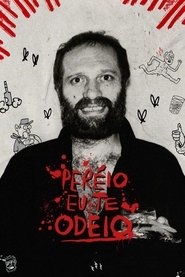 23 years in the making Pereio Eu...
23 years in the making Pereio Eu...Peréio, Eu Te Odeio! 2023
23 years in the making, “Pereio, Eu Te Odeio!” is a documentary on legendary Brazilian actor Paulo Cesar Pereio, an irreverent and controversial artist and public figure, as told by the testimonies of friends, family, and society members who hate him.
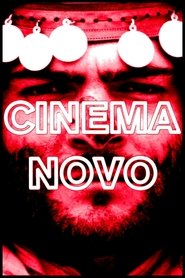 A deep investigation in the way...
A deep investigation in the way...Cinema Novo 2016
A deep investigation, in the way of a poetic essay, on one of the main Latin American movements in cinema, analyzed via the thoughts of its main authors, who invented, in the early 1960s, a new way of making movies in Brazil, with a political attitude, always near to people's problems, that combined art and revolution.
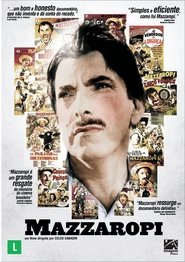 A documentary on the life and...
A documentary on the life and...Mazzaropi 2013
A documentary on the life and work of Amácio Mazzaropi, a phenomenon of popularity and profitability of Brazilian cinema.
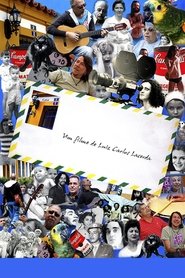 In the 1970s in the midst...
In the 1970s in the midst...House 9 2011
In the 1970s, in the midst of a military dictatorship, composer Jards Macalé and filmmaker Luiz Carlos Lacerda (Bigode) shared a house in Rio de Janeiro - which became a center of convergence for musicians, filmmakers and writers, and where they performed classic films and songs of Brazilian culture.
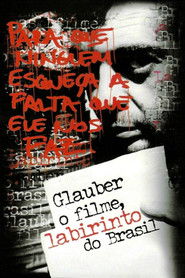 Documentary about Brazilian filmmaker Glauber Rocha...
Documentary about Brazilian filmmaker Glauber Rocha...Glauber Rocha - The Movie, Brazil's Labyrinth 2003
Documentary about Brazilian filmmaker Glauber Rocha, one of the most important names in the Cinema Novo, with interviews with some of his friends and colleagues.
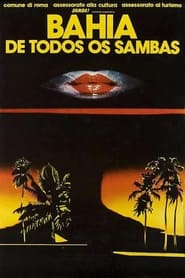 Between August 23 and 31 1983 at the Circo...
Between August 23 and 31 1983 at the Circo...Bahia de Todos os Sambas 1996
Between August 23 and 31, 1983, at the "Circo Massimo", in Rome, there was a musical event that brought together artists from Bahia. This film brings a recording of the event, also featuring backstage, rehearsals, testimonies and some relaxing moments of these great names in Bahia's music.
 In the early 17th century the...
In the early 17th century the...Batalha dos Guararapes 1978
In the early 17th century, the Dutch have occupied Bom Jesus village, the last native stronghold in the Pernambuco captaincy. An adventurer, João Fernandes Vieira, sees himself in the middle of a conflict, torn between joining his friend Mauricio de Nassau alongside the ruling Dutch and siding with his lover Ana Paes in the fight to free his homeland.
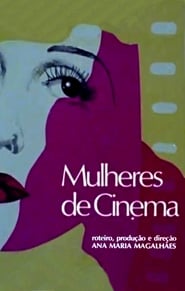 Documentary on famous Brazilian actresses female...
Documentary on famous Brazilian actresses female...Mulheres de Cinema 1978
Documentary on famous Brazilian actresses, female directors and the role of women in Brazilian film history.
 Expedito after being abandoned by his...
Expedito after being abandoned by his...Tatu Bola 1971
Expedito, after being abandoned by his parents, became Zefa's adopted son until he became a man and started earning his living as an independent fisherman. As soon as he finds out that Zefa is very ill, Expedito runs back home and finds his adoptive mother in agony. At the edge of the bed, a mysterious woman, who claims to be Death, sits.
 The eccentric members of a wealthy...
The eccentric members of a wealthy...Mortal Sin 1970
The eccentric members of a wealthy Brazilian family each go through personal torment, debauchery and intense guilt in this symbolic and gory film. The father has made a fortune in the slaughterhouse business and ignores the feelings of his wife and his workers. He frequents a mulatto woman, who is always seen naked. His daughter and her friend act on their lesbian fantasies before her friend marries her brother. An elderly aunt seduces the brother before she drowns herself in the swimming pool. His lesbian sister shoots the girl, and the boy incestuously attacks his mother. When the mother threatens to leave, the father begs for her to stay and continue the hollow charade of their marriage for the sake of social appearances. The father grovels before his mistress after his daughter slashes her wrists. Any comparison between this dysfunctional family, the Manson family, and Shelley Winters' sick Barker brood in Bloody Mama is all an unfortunate artistic coincidence.
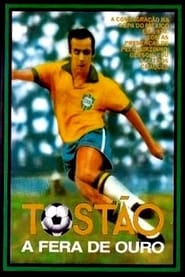 Documentary about Brazilian soccer player Tosto
Documentary about Brazilian soccer player TostoTostão - A Fera de Ouro 1970
Documentary about Brazilian soccer player Tostão.
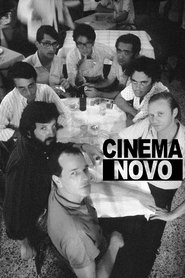 Originally produced for German TV Improvised...
Originally produced for German TV Improvised...Improvised and Purposeful: Cinema Novo 1967
Originally produced for German TV, Improvised and Purposeful is a firsthand look at the "Cinema Novo" movement (otherwise known as the 'Brazilian New Wave'). Director Joaquim Pedro de Andrade focuses on six Cinema Novo filmmakers working in Rio in 1967.
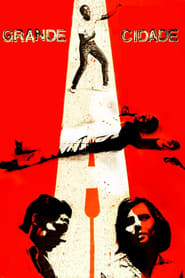 In search of a better life...
In search of a better life...The Big City 1966
In search of a better life, Luzia leaves the Northeast of Brazil and goes to Rio de Janeiro, looking for her fiance who went first to pave their way. Alone in the Marvelous City, she is forced to accept the friendship and protection of Calunga and, later, the company of Inácio.
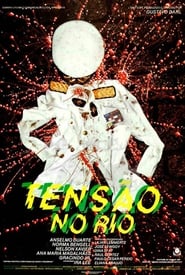
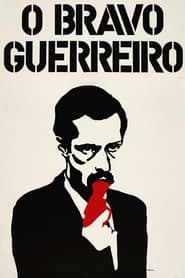 Young congressman Miguel Horta represents a...
Young congressman Miguel Horta represents a...